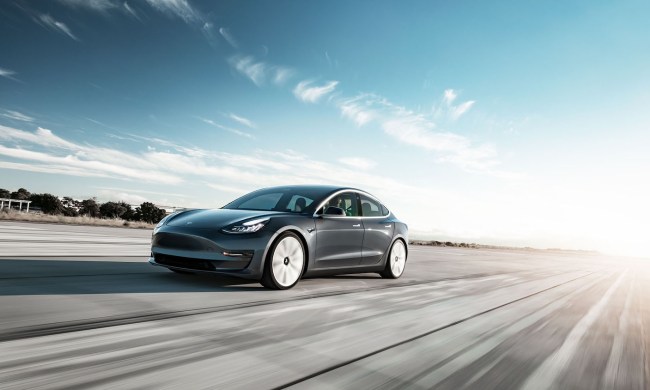
Several factors are at play in the German government’s action. Germany previously announced a goal of 1 million electric cars driving German roads by 2020. So far it’s not working well, as only 50,000 e-cars have been sold. Germans tend to buy cars from German companies, and those manufacturers haven’t made as much progress with electric cars as foreign car makers. Any car manufacturer can be part of the program as long they sign on to contribute to the subsidies. The greatest likelihood, however, is German auto companies that agree to the rebate portion of the plan stand to make out best in new car sales. Volkswagen, Daimler, and BMW have already signed on.
Of the 1 billion euros pledged, 600 million euros will be for consumer rebates, 300 million euros for electric charging stations, and 100 million euros to buy electric vehicles for the government. Consumers will receive 3,000 euro rebates for electric hybrid cars and 4,000 euros for all-electric models. The rebate program begins in May.
In announcing the plan, German Economy Minister Sigmar Gabriel said, “After a long debate we have agreed to a subsidy program that aims to show on the home market that we can master these new drive trains, from plug-in hybrid to battery-powered vehicles, and make them suitable for the mass market,” Gabriel also said the goal of the economic incentive plan is to boost the number of electric cars on German roads to 500,000 by 2020. That number is only half the overall goal of 1 million electric cars by the same year. The subsidy plan hopefully will get German car makers and citizens enthused with e-cars to the extent that they’ll keep buying even without rebates.



